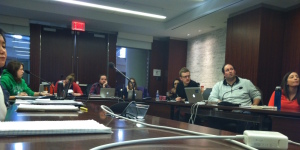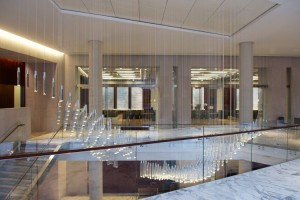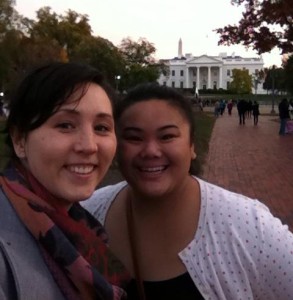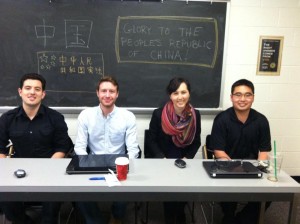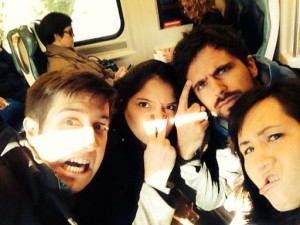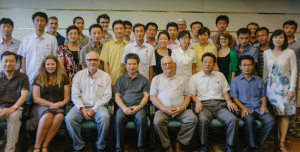I never in my life thought I’d be excited to take a class all about tax policy, but lo-and-behold, last week I found myself sitting in the Center for Strategic and International Studies (CSIS) in Washington D.C., learning all about how the corporate income tax works.
And I loved every second of it!
Something great about Maxwell are the opportunities to take interesting and relevant classes not only in Syracuse but around the US and even around the world. The past few weeks were the January Intercession courses, and some of us stayed up in snowy Syracuse, while others went to New York or Washington, DC. While my fellow IR-ers were in good ol’ NYC learning about the United Nations, I was in DC with some MPA students learning about one of the two inevitable things in life.
We got to create our own tax incentives, “advise” the President about what to say on taxes in the State of the Union Address (a simulation of course), and present our own research on a particular area of the field. I, myself, prepared a riveting “Frozen“-themed presentation on the Scandinavian Dual Income tax.
(A picture of the class in action)
Maxwell has a partnership with CSIS where they utilize the study space in DC for classes and research. Not only is the January intercession class taught there, but all the other Maxwell in Washington classes are there (summer, fall, and spring). It was a gorgeous, modern building with really cool facilities, all located in a convenient park of DC. There were some cool cafes and restaurants located within walking distance, and even in the freezing cold it was quite pleasant to stroll around the area.
(The lobby of CSIS. Source- http://adcyoungguns.org/images/projects/4363/07__smart_large.jpg)
I felt really lucky to not only study in such a great place and awesome city, but with some of the top professionals in the tax and budgeting realm of the US government. It has me eagerly anticipating my fall internship in DC, and I’m definitely looking forward to returning to this city during that time!
